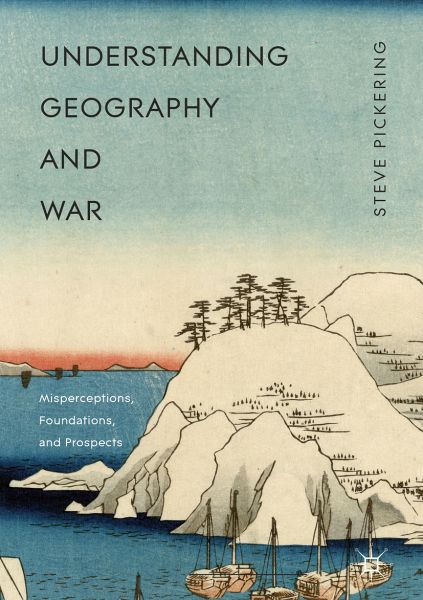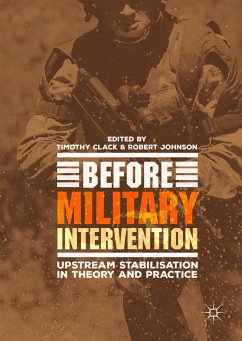
Understanding Geography and War (eBook, PDF)
Misperceptions, Foundations, and Prospects
Versandkostenfrei!
Sofort per Download lieferbar
48,95 €
inkl. MwSt.
Weitere Ausgaben:

PAYBACK Punkte
24 °P sammeln!
By delving into the history of geopolitics and bringing us up to date with cutting-edge case studies looking at infrastructure, terrain, and maps, this book will dispel simplistic and misleading notions about the nature of how humans interact with the environment. Stops on the way will include critical geopolitics, religious geopolitics, popular geopolitics, feminist geopolitics, and, newest of all, critical quantitative geopolitics. More importantly, it uncovers new areas of research for the next generation of researchers, showing how critical and quantitative methods can be applied to look a...
By delving into the history of geopolitics and bringing us up to date with cutting-edge case studies looking at infrastructure, terrain, and maps, this book will dispel simplistic and misleading notions about the nature of how humans interact with the environment. Stops on the way will include critical geopolitics, religious geopolitics, popular geopolitics, feminist geopolitics, and, newest of all, critical quantitative geopolitics. More importantly, it uncovers new areas of research for the next generation of researchers, showing how critical and quantitative methods can be applied to look at how geography and war relate to diverse areas such as disease, sport, dispossession, and immigration.
Dieser Download kann aus rechtlichen Gründen nur mit Rechnungsadresse in A, B, BG, CY, CZ, D, DK, EW, E, FIN, F, GR, HR, H, IRL, I, LT, L, LR, M, NL, PL, P, R, S, SLO, SK ausgeliefert werden.












